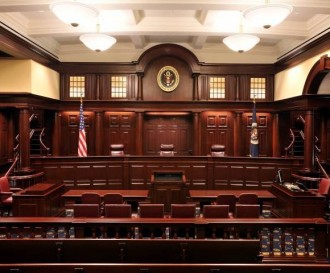
December 15, 2016
Invention Must Inevitably Result to be Anticipated by Inherency
In U.S. Water Services, Inc., v. Novozymes A/S, [2015-1950, 2015-1967] (December 15, 2016), the Federal Circuit vacated summary judgment of anticipation and affirmed the denial of summary judgment of no inequitable conduct.
The patents relate to methods of reducing fouling in fermentation equipment through the use of phytase. The district court found the claims inherently anticipated. The Federal Circuit cautioned that inherency may not be established by probabilities or possibilities, and said that the mere fact that a certain thing may result from a given set of circumstances is not sufficient. The inherent result must inevitably result from the disclosed steps.
While the prior art disclosed the use of phytase in fermentation, the Federal Circuit found that the district court erred in finding no genuine dispute of material fact as to whether the patents-in-suit were inherently anticipated because the prior art discloses the conditions that will necessarily result in phytase reducing deposits. In particular, the district court erred in deeming irrelevant evidence that practicing the prior art will not always result in deposit reduction. The Federal Circuit found a genuine dispute as to a material fact remained and that, consequently, the district court improperly granted summary judgment on inherent anticipation.
Regarding the denial of Summary Judgment of no inequitable conduct, a party seeking to prove inequitable conduct must show that the patent applicant made misrepresentations or omissions material to patentability, that he did so with the specific intent to mislead or deceive the USPTO, and that deceptive intent was the single most reasonable inference to be drawn from the evidence. The Federal Circuit found no genuine dispute about this material fact. The Federal Circuit found that the record contains no suggestion, but for the disclosures, that the examiner would not have issued the patents-in-suit.




































